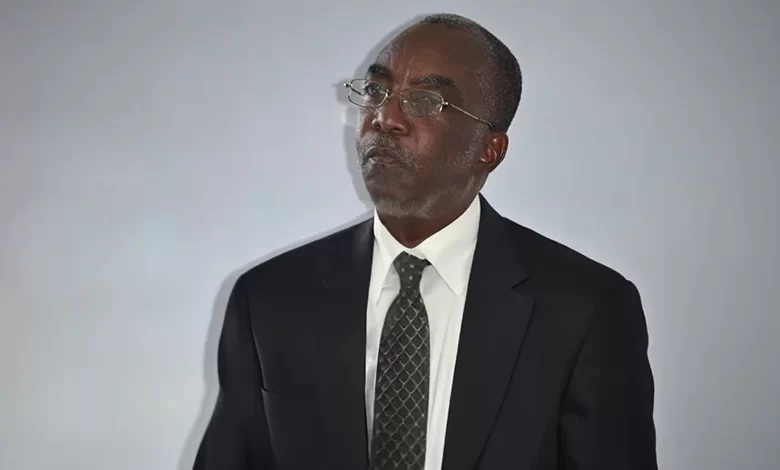Eliud Thaddeus Williams

Eliud Thaddeus Williams served as the President of Dominica from 2012 to 2013. Born August 21, 1948, Williams has had a diverse and impactful public service and business career. He completed an MBA at the University of the West Indies 1995, which equipped him with advanced management and policy development skills.
Early Career and Public Service
Williams began his career as Commissioner of Cooperatives from 1985 to 1987, where he was instrumental in developing cooperative initiatives. His involvement with the Roseau Cooperative Credit Union (now NCCU) began in 1995, where he served as a director and was President from 1997 to 1999. He also played a vital role as the Dominica Cooperative Societies League Ltd. director from 1999 to 2002. In addition, Williams served as Chairman of the Independent Regulatory Commission from June 2010, overseeing regulatory matters critical to Dominica’s development. He was also Chairman and a member of the Board of Governors of the Dominica State College, contributing to the educational sector.
Leadership Roles and Presidential Tenure
In 2004, Williams was appointed Director-General of the Eastern Caribbean Telecommunications Authority, a position he held until 2008. His career included roles at the Ministry of Communications, Works, and Housing. His business acumen was further demonstrated through his role as a senior consultant for WHITCO, focusing on business planning.
In 2012, the Dominica Labour Party (DLP) nominated Williams as their presidential candidate. Despite a boycott by the United Workers Party (UWP), which raised concerns about electoral irregularities and constitutional issues, Williams was elected President by the House of Assembly on September 12, 2012.
Legacy and Impact
Eliud Thaddeus Williams is remembered for his substantial contributions to Dominica’s governance and development. His presidency, though relatively brief, was characterized by efforts to address national challenges and foster stability. His extensive experience in public administration, cooperative development, and business provided him with a unique perspective on leadership. Williams’ impact on Dominica’s political landscape and his diverse career achievements underscore his role as a significant figure in the nation’s recent history.




